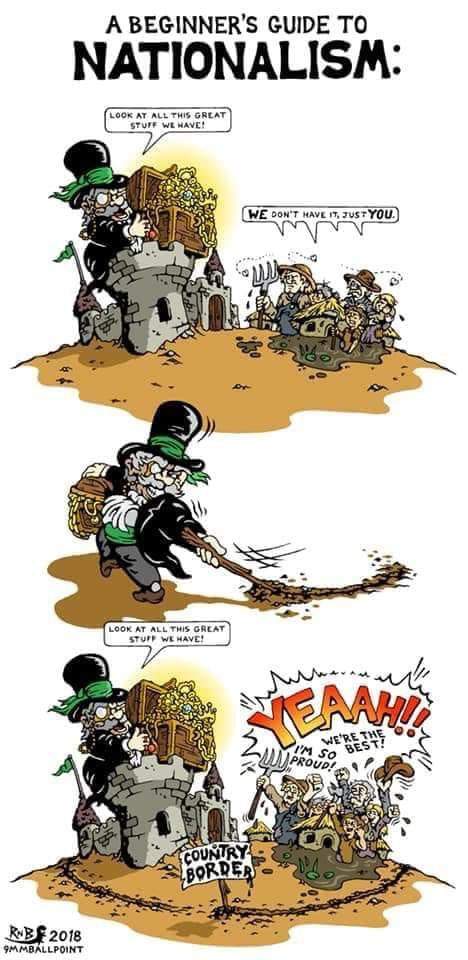Nation state
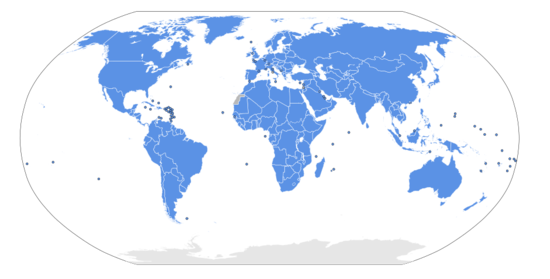 The blue is territory controlled by states which are members of the United Nations | |
| Interest of | • Bilderberg/1966 • George Contogeorgis |
| In 1919 sociologist Max Weber defined the state as any "human community that (successfully) claims the monopoly of the legitimate use of physical force within a given territory". There are about 200 such groups in the world, which form an exclusive club that has portioned up (almost) the whole world up into particular jurisdictions. | |
The Nation state is separately defined, often very large, jurisdictional area often referred to as a "country". They are common equipped with their own flags, sports teams, currency systems[1], capital cities etc. Almost all the world's land surface — with the exception of Antarctica — is occupied by nation states' claims to sovereignty.
Contents
Official narrative
The official narrative of nation states is that they represent independent political entities. Almost all of these claim to be "democratic" and that they seek to influence events so as to promote the welfare of the citizens of that country.
Problems
Most "democratic" states use a hierarchical system of national elections in which the involvement of citizens is limited to a vote every few years. In many, the party political structure has been infiltrated (or even set up) by the deep state, and so is in no way responsive to the desire of the electorate.
Although some nation states are independent actors, the importance of national governments is systematically overstated by the commercially-controlled media, which is keen to obscure the role played by deep state groups. John Perkins, for example, has written about the systematic policy of removing national leaders who refused to submit to foreign control.[2] The result is that many nominally "independent" nations are in reality controlled by small groups whose true loyalties lie elsewhere.
Controlled media
The question of to what extent governments act so as to represent the will of their electorates has become something of a third rail topic, with only the most palpable cases exposed in the commercially-controlled media as occasional "bad apples".
Rogue State USA
The government of the United States is openly contradicting the official narrative of how nation states operate. After generations of covert interference in the affairs of other nation states (bombings, assassinations and other interventions), the US has increasingly been claiming the legal right to outside its borders. It does not yet explicitly state that "might makes right", but prefers nebulous justifications such as "humanitarian intervention" or the "war on terror".
“The state is the great fictitious entity by which everyone seeks to live at the expense of everyone else.”
Frédéric Bastiat (1849) [3]
1966 Bilderberg
In documents leaked from the 1966 Bilderberg somebody noted that "nationalism is dangerous".[4]
21st Century
In the 21st century, nation states are de facto increasingly eclipsed by supranational control structures. Bilderberger Herman Van Rompuy said that "Nation states are dead".[5]
Limited power
Nation states are bound by innumerable international agreements. Nominally, however they remain independent.
COVID-19
- Full article: COVID-19
- Full article: COVID-19
The events aroud COVID-19 have clarified that the supranational deep state has de facto control over most national governments. COVID-19/Premature deaths include at least 3 national leaders who rejected the WHO line about the disease.[6]
Examples
| Page name | Continent | Territory | Flag | Description |
|---|---|---|---|---|
| Afghanistan | Asia Central Asia Greater Middle East | 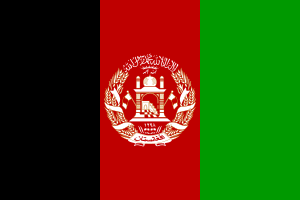 | "The graveyard of empires" - Afghanistan has a reputation for undoing ambitious military ventures and humiliating would-be aggressors. | |
| Albania | Europe Balkans | 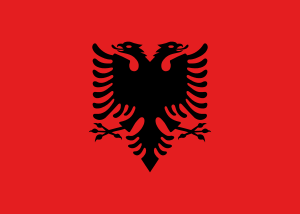 | A small country in Southeastern Europe. | |
| Algeria | Africa | 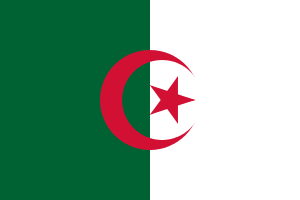 | A nation on the Mediterranean Sea. The largest country in Africa, formerly colonised by France. | |
| Andorra | Europe | 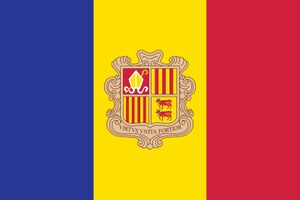 | A micro state in Europe. An enclave between France and Spain. | |
| Angola | Africa Southern Africa | 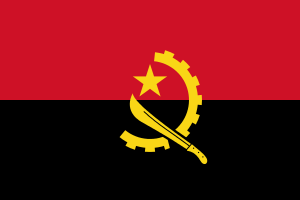 | South West African state | |
| Antigua and Barbuda | Caribbean Sea | Small island nation in the Caribbean Sea, formerly part of the British Empire. | ||
| Argentina | South America | 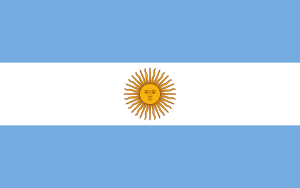 | Second biggest country in South America. | |
| Armenia | Asia | 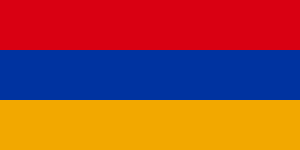 | Small Eurasian nation; formerly part of the USSR | |
| Australia | Oceania |  | 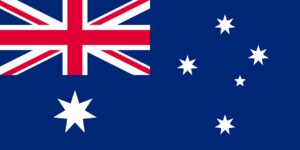 | A large island nation in the southern hemisphere which is pioneering universal surveillance of its citizenry. |
| Austria | Europe | 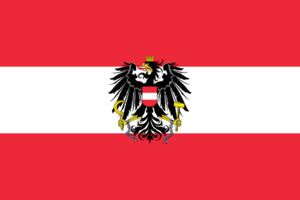 | German-speaking republic in Central Europe. Since the end of the Cold War, Austria has become increasingly westernised. | |
| Austria-Hungary | Former European kingdom. A great power at the time. | |||
| Azerbaijan | Asia | 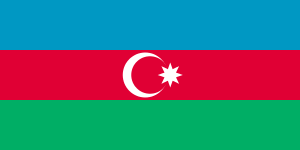 | A former part of the USSR. | |
| BIS | Europe Switzerland Basel |  | The central bankers' central bank - nothing to see here. | |
| Bahrain | Middle East | 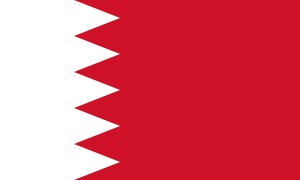 | Oil rich Arab nation, formerly part of the British Empire. | |
| Baltic States | Europe Estonia Latvia Lithuania | 3 former USSR nations in Northern Europe; on the Baltic Sea. | ||
| Bangladesh | Asia | 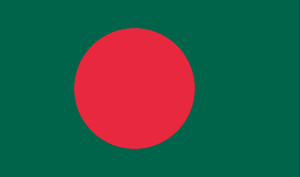 | 8th most populated country in the world. Formerly part of the British Empire. | |
| Barbados | Central America Caribbean Ocean | Scenic Caribbean island nation. Formerly part of the British Empire | ||
| Belarus | Europe | 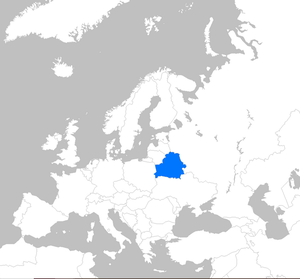 | "Europe's last dictatorship" - Formerly part of the USSR. Outspoken opposition to the COVID-19 lockdown agenda. | |
| Belgium | Europe | 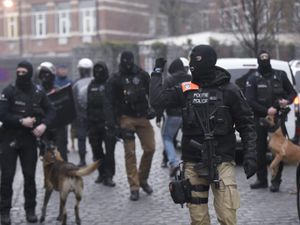 | 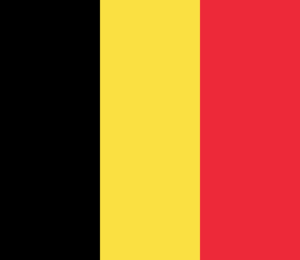 | Former European colonial power |
| Belize | Central America | 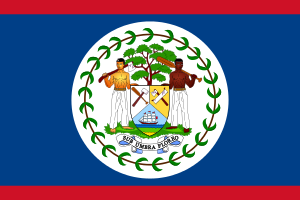 | The only Central American country which is a Commonwealth realm. | |
| Benin | Africa West Africa | French speaking country in West Africa. | ||
| Bermuda | Atlantic Ocean | 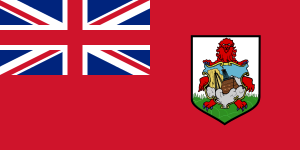 | British overseas territory. Tax haven famous for the Bermuda Triangle. | |
| Bhutan | Asia | 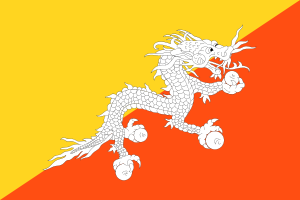 | Very small country in the Eastern Himalayas. A constitutional monarchy which has Buddhism as the state religion. | |
| Bolivia | South America | 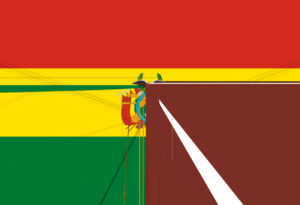 | Mountainous country in South America, a large producer of cocaine. Formerly part of the Spanish Empire. | |
| Bosnia and Herzegovina | Europe Balkans | 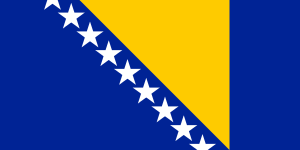 | small nation in the Balkans. | |
| Botswana | Africa Southern Africa | 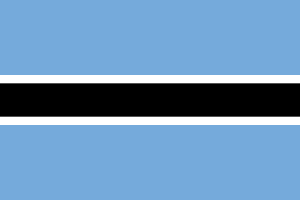 | Country in Southern Africa. Formerly part of the British Empire, Botswana is one of the most sparsely populated countries in the world. | |
| Brazil | South America | 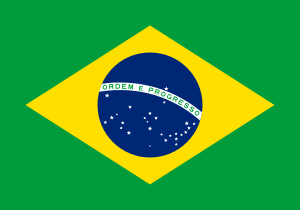 | Very large and not particularly populous country which has made a priority of biofuels. | |
| British Virgin Islands | Caribbean Sea | 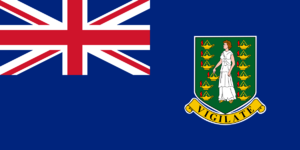 | Tax haven in the Caribbean | |
| Brunei | Asia Southeast Asia | 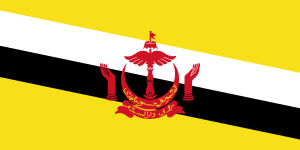 | Small kingdom in South-East-Asia | |
| Bulgaria | Europe | 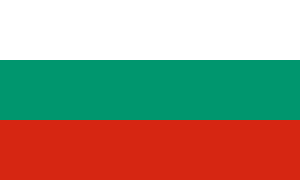 | The poorest country in the European Union. | |
| Burkina Faso | Africa West Africa | 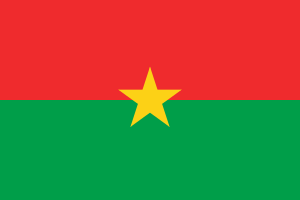 | African country; formely part of the French Empire. | |
| Burundi | Africa | 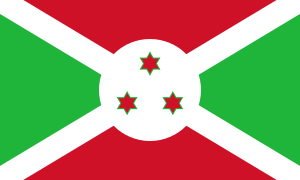 | Very small African nation, formerly part of the Belgian Empire. Their president died under mysterious circumstances during COVID. | |
| Cambodia | Asia Southeast Asia | A Buddhist nation in Indochina. | ||
| Cameroon | Africa West Africa | 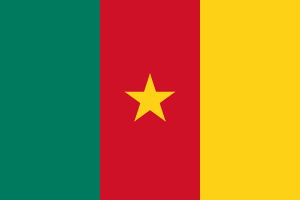 | West African state | |
| Canada | North America | 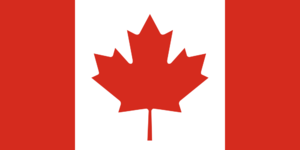 | If tar sands are counted, Canada possesses the 3rd largest oil reserves of any nation state. | |
| Cape Verde | Africa West Africa | 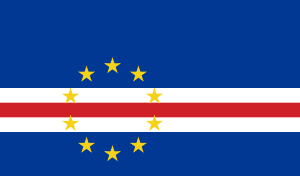 | African island nation. Independence from Portugal in 1975. | |
| Cayman Islands | Atlantic Ocean | 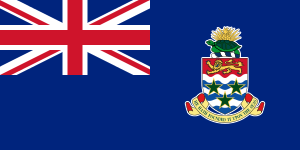 | Tax haven in the Caribbean. | |
| Central African Republic | Africa | Unstable, poor African country. They speak Sango and French in the CAR. | ||
| Chad | Africa | 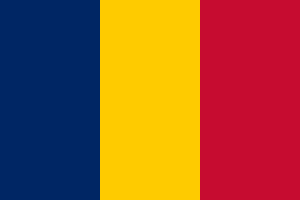 | Arabic and French speaking desert nation in North Africa. Formerly part of the French Empire, Chad has seen instability in recent years. | |
| Chile | South America | 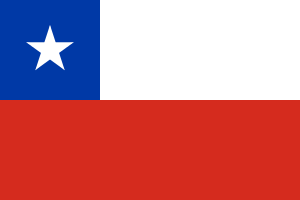 | Spanish-speaking MEDC in South America. It occupies a long, narrow strip of land between the Andes to the east, and the Pacific Ocean to the west. | |
| China | Asia | 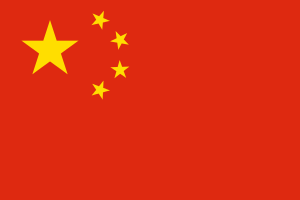 | The most populous nation state in the world | |
| Colombia | South America | 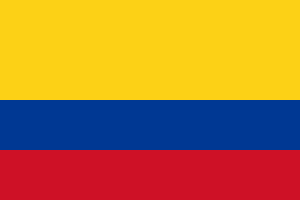 | Colombia is an important state in the trafficking of cocaine to North America. | |
| Comoros | Africa Southern Africa | Obscure island nation off the east coast of Africa. A nation formed at a crossroads of different civilisations, The Comoros is noted for its diverse culture. | ||
| Costa Rica | Central America | 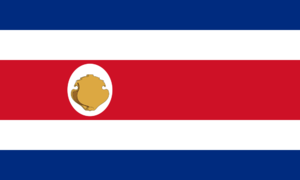 | An armyless country between Nicaragua and Panama | |
| Croatia | Europe Balkans | 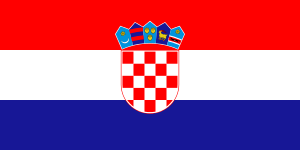 | Formerly part of Yugoslavia, Croatia is westernising at a rapid rate, with membership of the European Union and NATO being achieved relatively quickly after independence. | |
| Cuba | North America Caribbean Sea | 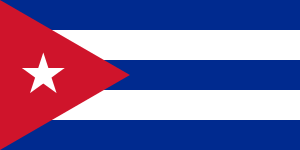 | The only country in North America under the influence of the USSR during the cold war. | |
| Cyprus | Europe Mediterranean Sea | 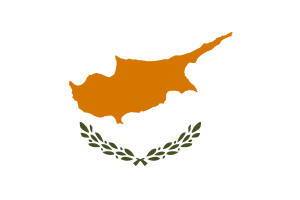 | A small, divided, island in the Mediterranean. Greek Cyrpus was aggressively pushing the COVID-19/Vaccine in May 2021. | |
| Czech Republic | Europe Central Europe | 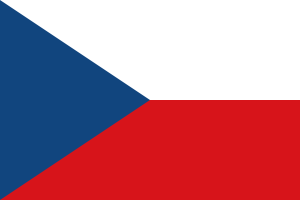 | Formerly communist, central European nation. | |
| Czechoslovakia | Europe |  | Former country in Europe. | |
| Côte d'Ivoire | Africa West Africa | 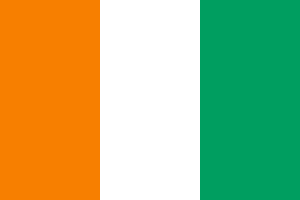 | The Ivory Coast. | |
| ... further results | ||||
Related Quotations
| Page | Quote | Author | Date |
|---|---|---|---|
| Friedrich Engels | “The bourgeoisie has gained a monopoly of all means of existence in the broadest sense of the word. What the proletarian needs, he can obtain only from this bourgeoisie, which is protected in its monopoly by the power of the state. The proletarian is, therefore, in law and in fact, the slave of the bourgeoisie, which can decree his life or death.” | Friedrich Engels | |
| Government | “No matter its guiding “ism,” every government has granted itself the power to initiate violence against its citizens. Just because the ruling agglomerate asserts this privilege doesn’t render it philosophically valid. What it does is legitimate the initiation of violence for any and all causes — domestic and foreign — the government deems proper. Having violated the first principle of nonaggression, nothing can stop that philosophical default from trickling down to the subject population.” | Robert Gore | 11 February 2017 |
Party Member
| Politician | Born | Description |
|---|---|---|
| Bill English | 30 December 1961 | New Zealand politician and PM |
Related Document
| Title | Type | Publication date | Author(s) | Description |
|---|---|---|---|---|
| Document:Degrowth Municipalism could change the world | Article | 20 December 2024 | Steve Rushton | By shifting the focus of politics beyond the nation-state, by doing things in practical and tangible ways, municipalism opens up a space for new thinking. It is easier to get head around degrowth, seeing it in action near you and thinking in a space without the baggage of the capitalist nation-state. |
References
- ↑ Less so in the 21st century
- ↑ Confessions of an Economic Hit Man, by John Perkins
- ↑ L'Etat
- ↑ https://web.archive.org/web/20140927121620/http://www.infowars.com/leaked-bilderberg-documents-nationalism-is-dangerous/
- ↑ http://www.dailymail.co.uk/news/article-1328568/Nation-states-dead-EU-chief-says-belief-countries-stand-lie.html
- ↑ Pierre Nkurunziza of Burundi, John Magufuli (Tanzania) & Jovenel Moïse (Haiti).
